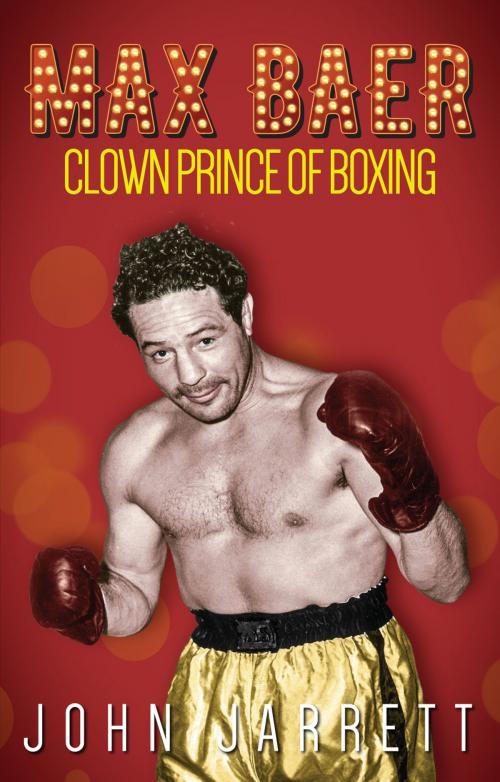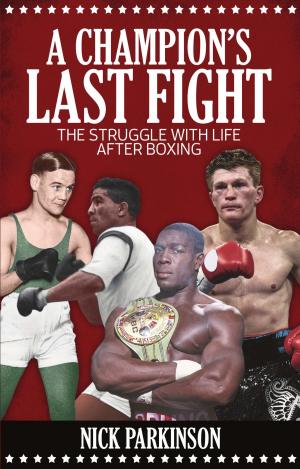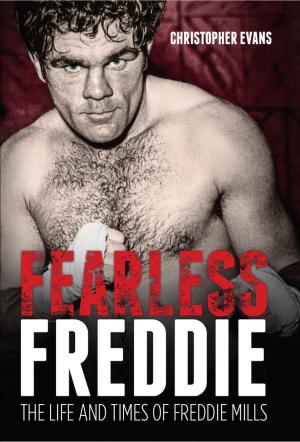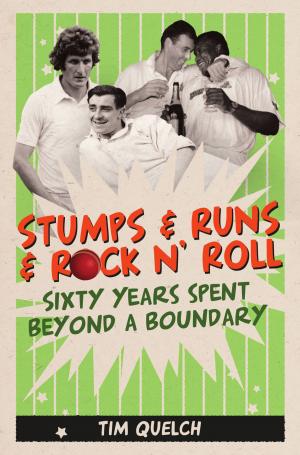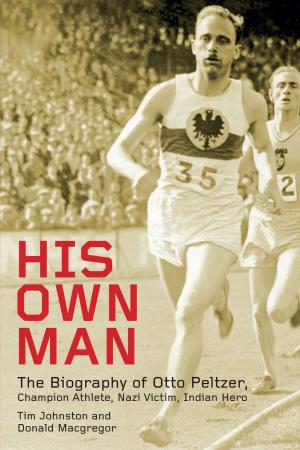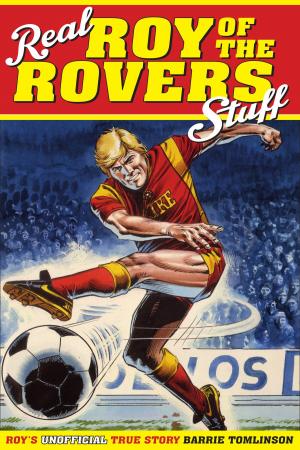| Author: | John Jarrett | ISBN: | 9781785312977 |
| Publisher: | Pitch Publishing | Publication: | May 1, 2017 |
| Imprint: | Pitch Publishing | Language: | English |
| Author: | John Jarrett |
| ISBN: | 9781785312977 |
| Publisher: | Pitch Publishing |
| Publication: | May 1, 2017 |
| Imprint: | Pitch Publishing |
| Language: | English |
They called Max Baer the 'Clown Prince of Boxing', but trainer Ray Arcel remembered a night in 1933 when he worked Baer's corner in what was probably Max's greatest triumph, the night he smashed Max Schmeling to defeat in ten brutal rounds. That was no clown. A year later, Baer was heavyweight champion of the world. New York loved the handsome Californian. Broadway was his playground and he was never short of playmates; his manager Ancil Hoffman often settling some breach-of-promise suit brought by a leggy blonde showgirl. A natural for Hollywood. Radio and vaudeville engagements brought in 250,000. From a 4 a day foundry worker, Baer's rise was rapid. He bought so many suits he couldn't keep track of them; wore a new hat every week; bought a house like a hotel. Arcel cried like a baby when he read in the New York Times that Max had died from a heart attack in November 1959. Baer was just 50 years old. This is the fascinating story of an iconic boxing figure who achieved so much in a life too short.
They called Max Baer the 'Clown Prince of Boxing', but trainer Ray Arcel remembered a night in 1933 when he worked Baer's corner in what was probably Max's greatest triumph, the night he smashed Max Schmeling to defeat in ten brutal rounds. That was no clown. A year later, Baer was heavyweight champion of the world. New York loved the handsome Californian. Broadway was his playground and he was never short of playmates; his manager Ancil Hoffman often settling some breach-of-promise suit brought by a leggy blonde showgirl. A natural for Hollywood. Radio and vaudeville engagements brought in 250,000. From a 4 a day foundry worker, Baer's rise was rapid. He bought so many suits he couldn't keep track of them; wore a new hat every week; bought a house like a hotel. Arcel cried like a baby when he read in the New York Times that Max had died from a heart attack in November 1959. Baer was just 50 years old. This is the fascinating story of an iconic boxing figure who achieved so much in a life too short.
